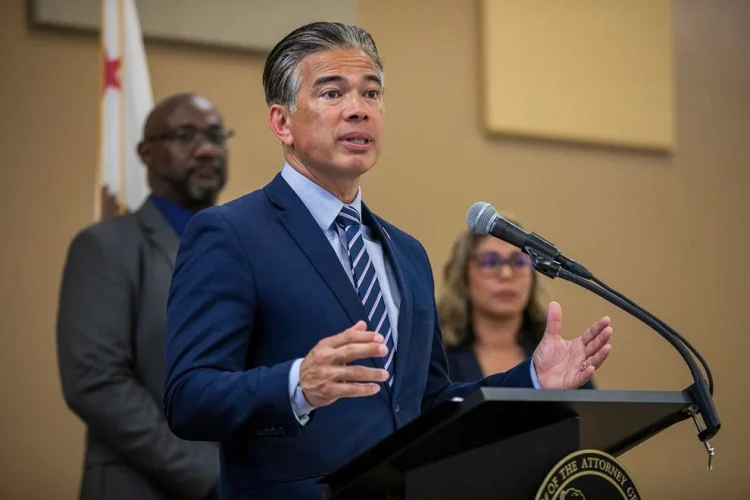(The Center Square) – A federal judge ordered a California school district to reinstate two teachers who had been placed on administrative leave for not following a gender secrecy policy adopted by administrators without school board or public input.
U.S. District Court for Southern California judge Roger Benitez had already issued a preliminary injunction against Escondido Unified School District preventing “any adverse employment action against them in the event that they violate the gender identification confidentiality policy” in September, but the school failed to reinstate the teachers to the status quo ante. With the district still holding the teachers on administrative leave in December, the teachers pursued enforcement of Benitez’ earlier ruling. Benitez ruled that while the teachers would need to be reinstated back to classroom duty by January 15, that they would not be awarded attorneys’ fees from the school district, and that “both sides are expected to work in good faith going forward to resolve this matter.”
As outlined in the case, the school district’s new policy requires both “school-wide recognition of a student’s newly expressed gender identification” and “an enforced requirement of faculty confidentiality and non-disclosure regarding a student’s newly expressed gender identification.” Benitez, in his earlier ruling, said this conflicts with the district’s formal policies stating “parents/guardians have a right and an obligation to be engaged in their child’s education and to be involved in the intellectual, physical, emotional, and social development and well-being of their child” and “being dishonest with students, parents/guardians, staff, or members of the public, including . . . falsifying information in . . . school records” is inappropriate employee conduct.”
The teachers claimed they had sincere religious and moral beliefs compelling accurate communications with parents and that parents have a constitutional right to make decisions about their children. Furthermore, the teachers alleged that they feared adverse action from the district for “communicating accurately to a student’s parents her own observations or concerns, as a teacher, about the student’s gender incongruence.”
In his injunction’s conclusion, Benitez wrote the district’s policy “harms the child who needs parental guidance and possibly mental health intervention to determine if the incongruence is organic or whether it is the result of bullying, peer pressure, or a fleeting impulse … It harms the parents by depriving them of the long recognized Fourteenth Amendment right to care, guide, and make health care decisions for their children … it harms plaintiffs who are compelled to violate the parent’s rights by forcing plaintiffs to conceal information they feel is critical for the welfare of their students — violating plaintiffs’ religious beliefs.”
While more progressive school districts in California adopt policies mandating children’s privacy in gender transitions, an increasing number of school districts are adopting policies ensuring parents are informed of gender transitions. A new package of three ballot initiatives could bring parental notification of gender changes, requirements that born males not participate on girls’ sports teams, and a ban on the use of puberty blockers, cross sex hormones, and genital change surgeries for minors to the entire state.
California attorney general Rob Bonta has opposed parental notification policies, winning a temporary injunction on one school district’s policy late last year as the case makes its way to trial.

